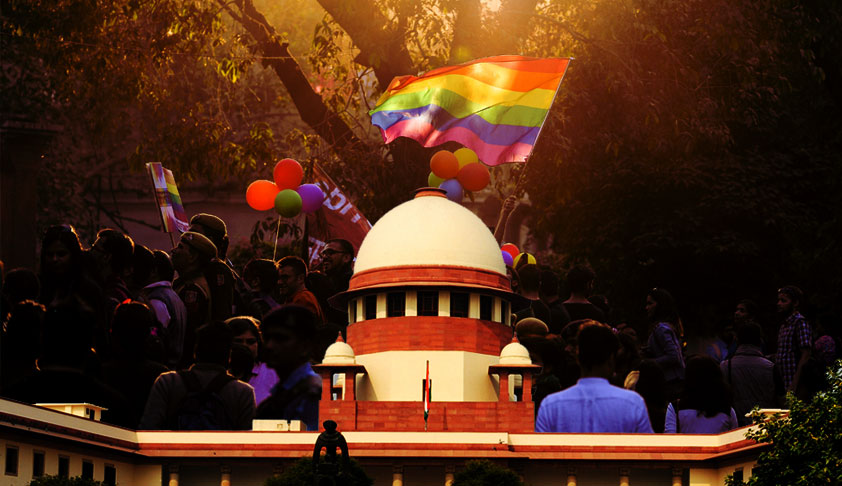As SC Starts Hearing The S. 377 Case, Here Is A Timeline Of The Legal Battle
Apoorva Mandhani
10 July 2018 12:35 PM IST

Next Story
10 July 2018 12:35 PM IST
The legal fight against Section 377 of the Indian Penal Code has been a long and tedious one. Before we begin cheering for the warriors fighting for the rights of India's LGBTQ community, here's a timeline of how arduous the journey has been so far:1991: The fight for decriminalisation was actually initiated by AIDS Bhedbhav Virodhi Andolan way back in 1991. Their historic publication—...
